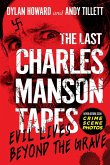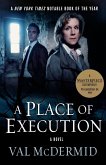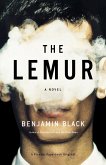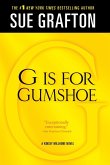In March 1953, four women meet in Room 408 of Moscow's deluxe Hotel Metropol. They have gathered to reminisce about Vladimir Mayakovsky, the poet who in death had become a national idol of Soviet Russia. In life, however, he was a much more complicated figure. The ladies, each of whom could claim to have been a muse to the poet, loved or loathed Mayakovsky in the course of his life, and as they piece together their conflicting memories of him, a portrait of the artist as a young idealist emerges. From his early years as a leader of the Futurist movement to his work as a propagandist for the Revolution and on to the censorship battles that turned him against the state (and, more ominously, the state against him), their recollections reveal Mayakovsky as a passionate, complex, sexually obsessed creature trapped in the epicenter of history, struggling to hold onto his ideals in the face of a revolution betrayed. Written by Robert Littell, whom The Washington Post called "one of the most talented, most original voices in American fiction today, period," The Mayakovsky Tapes is an ambitious, impressive novel that brings to life the tumultuous Stalinist era and the predicament of the artists ensnared in it.
Hinweis: Dieser Artikel kann nur an eine deutsche Lieferadresse ausgeliefert werden.
Hinweis: Dieser Artikel kann nur an eine deutsche Lieferadresse ausgeliefert werden.








